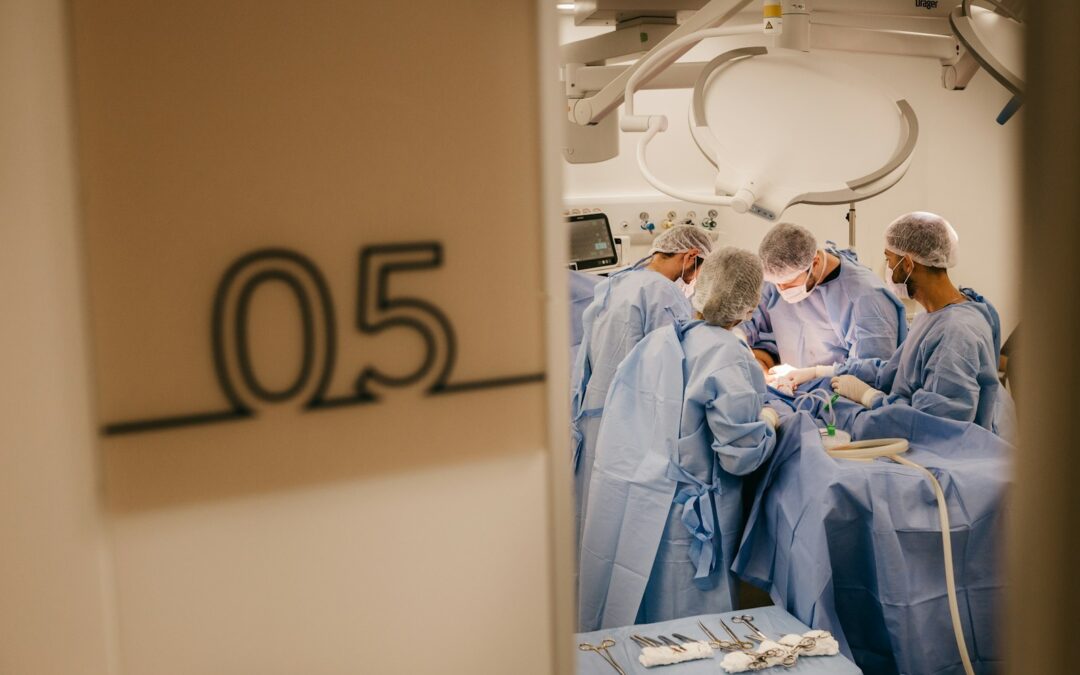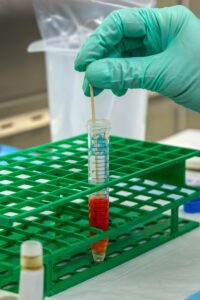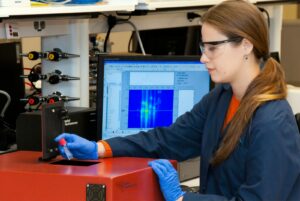Enhancing Clinical Research with Advanced IoT Technologies
The Advantages of IoT-Based Solutions for Automating Clinical Trial Data Monitoring
The integration of IoT-based solutions for clinical trial data monitoring is transforming the landscape of medical research, particularly in regions like Saudi Arabia and the UAE, where innovation in healthcare is rapidly advancing. The use of IoT technology in clinical trials offers significant advantages in automating the monitoring and reporting of data, leading to more efficient, accurate, and reliable outcomes. This technological shift is crucial as it addresses the challenges of traditional clinical trial processes, which are often time-consuming, labor-intensive, and prone to human error.
IoT-enabled devices, such as wearable sensors, remote monitoring tools, and connected medical equipment, provide real-time data collection and transmission throughout the course of a clinical trial. This continuous data flow ensures that researchers have access to up-to-date information on patient health metrics, treatment efficacy, and potential side effects. For example, in a clinical trial conducted in Riyadh, IoT devices could track patients’ vital signs 24/7, automatically reporting any deviations from the norm to the research team. This immediate access to data allows for quicker adjustments to the trial protocol, improving patient safety and the trial’s overall effectiveness.
Furthermore, IoT technology enhances the transparency and accuracy of clinical trial data. Automated systems reduce the likelihood of data entry errors and inconsistencies, which are common in manual reporting processes. In Dubai, where clinical trials are increasingly leveraging digital tools, IoT-based solutions ensure that data is consistently recorded and reported in a standardized format. This consistency not only facilitates compliance with regulatory requirements but also enhances the credibility of the trial outcomes, making the data more reliable and easier to analyze.
Maximizing the Benefits of IoT in Clinical Trial Management
The strategic use of IoT-based solutions for clinical trial data monitoring offers numerous benefits beyond just data accuracy and automation. One of the most significant advantages is the ability to conduct decentralized clinical trials, which are particularly relevant in a post-pandemic world where remote monitoring has become essential. IoT devices allow participants to be monitored in their homes or local healthcare facilities, rather than requiring them to travel to a central trial site. This approach not only expands the reach of clinical trials to a more diverse patient population but also reduces the burden on participants, leading to higher retention rates and more robust data collection.
In addition, IoT technology enables more personalized monitoring and treatment adjustments during clinical trials. The data collected from IoT devices can provide insights into how individual patients respond to treatments in real time. In Saudi Arabia, where personalized medicine is gaining momentum, this capability allows researchers to tailor interventions to each participant’s unique needs, improving the trial’s overall efficacy. For example, if a patient’s data indicates an adverse reaction to a specific treatment, researchers can quickly adjust the dosage or switch to an alternative therapy, ensuring the patient’s safety and the trial’s success.
Moreover, IoT-based solutions support better regulatory compliance and data security in clinical trials. With automated data collection and reporting, trial sponsors can ensure that all necessary information is accurately recorded and securely stored, reducing the risk of non-compliance with regulatory standards. In the UAE, where healthcare regulations are stringent, the ability to demonstrate compliance through reliable data management practices is crucial for the success of clinical trials. Additionally, IoT technology can incorporate advanced encryption and data protection measures, safeguarding sensitive patient information and ensuring that privacy standards are maintained throughout the trial.
In conclusion, the adoption of IoT-based solutions for clinical trial data monitoring is a game-changer for medical research. By automating data collection, enhancing accuracy, and enabling decentralized trials, IoT technology is paving the way for more efficient and effective clinical trials in Saudi Arabia, the UAE, and beyond. As the healthcare industry continues to evolve and embrace digital innovation, the role of IoT in clinical trials will become increasingly important, driving advancements in medical research and ultimately improving patient outcomes.
—
#IoTInHealthcare #ClinicalTrialAutomation #DataMonitoring #SmartHealthcareSolutions #MedicalResearchTechnology #RiyadhHealth #DubaiInnovation













